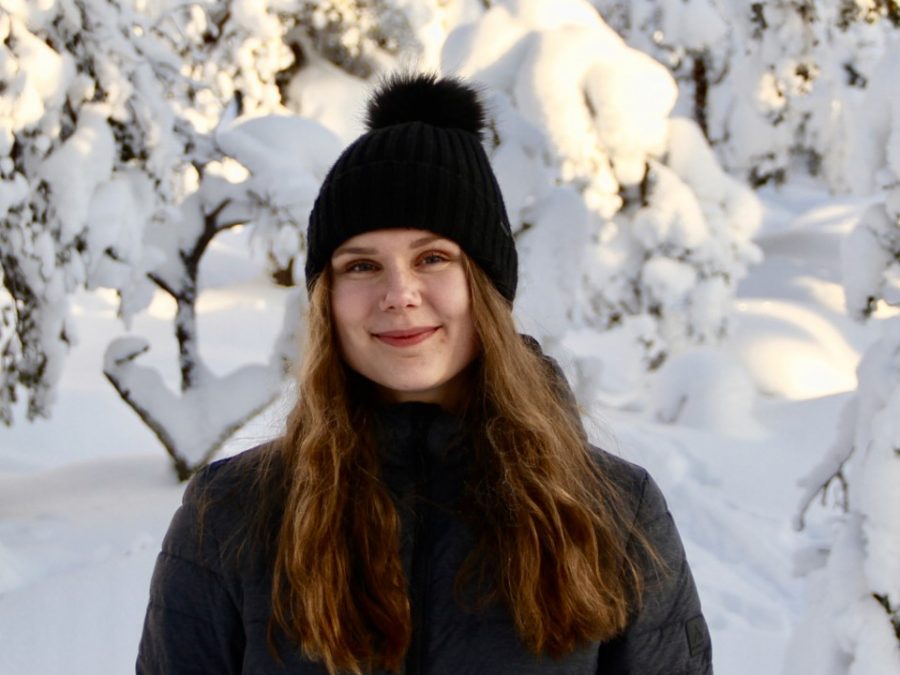Reinvigorating Tourism in the Era of Changes
Text by Henna Nevala

Our modernized world seems to offer us endless opportunities to design a life filled with wealth, adventures, new experiences, comfort, safety and connections – granting us all the components of a happy and content life. Yet, as we are living on a planet with finite resources and billions of individuals striving for their ideal lifestyle, it has become evident that these pursuits of personal goals and motivations have created several global issues and challenges that need to be addressed. Our capitalized economic structures are encouraging people to compete for resources and focus on themselves and their own well-being which guides the behaviour and actions of most individuals. This is also evident in people’s travel behaviours – people travel whenever they want and wherever they want, without thinking too much about the consequences of their decisions towards other beings. This has for its part lead to a state where the environment, cultures and social assets have for long been exploited without adequate care and responsibility. It is evident that if tourism remains as an industry that carries a narrative of travelling abroad just to fulfil personal needs without considering the consequences, sooner or later the industry will cause more harm than benefit. Therefore, searching for alternative ideologies and patterns that the industry, as well as tourists, should adopt is very much called for.
Tourism has faced major changes during recent years, which doesn’t come as a surprise considering the global status quo. Yet, although COVID-19 did change our lives and ways of travelling for these last few years, there is no knowing if it changed them for good. Can a pandemic be a strong enough reason to change rooted beliefs about tourism and the desired ways to travel or will people just get over it and return to their old ways of being tourists? I see that the problem here is that we were forced to change our lives and mobilities and when people are forced to live in a certain way, they have a tendency to form resentment of a certain type towards that way of living. Although some people have discovered the multileveled possibilities of proximity tourism and other alternative ways of travelling during this pandemic, after national borders have been reopened flights are already packed full of vaccinated people who are desperate to travel abroad again. So, it would seem that pandemic itself does not guarantee definitive changes for tourism. But who or what can then make the change?
In my master’s thesis, I wanted to shed light on the work of non-governmental organizations and how they can help the process of changing these rooted views about tourism and enhance alternative ideologies and ways to travel. Their way of focusing on the well-being of others, first and foremost, showed how striving for the common good in contrast to personal benefits can actually lead a way towards a future where the comprehensive well-being of all beings is better secured. We should not overlook these smaller yet powerful acts of kindness and care that manifest in the work of NGOs as they might have a wider effect on changing tourism futures than even they themselves can understand.
Changing tourism for good requires more than a pandemic and I feel like we have arrived at a crossroads where people now have to decide what tourism is for themselves from now on. If we come to terms with the fact that that we have the opportunity to gain tourism experiences and the components of a happy and content life without taking that opportunity away from others, it is possible to start living in harmony with other beings on this planet. We have the opportunity to make better choices and I myself am thinking that every time I plan and make a decision in my future travels. For me, it is comforting to know that it is possible to travel, also in the future, if one is willing to do it mindfully.